News from 2021-08-03 / KfW Development Bank
One year after the explosion disaster - Beirut and Lebanon between crisis and reconstruction
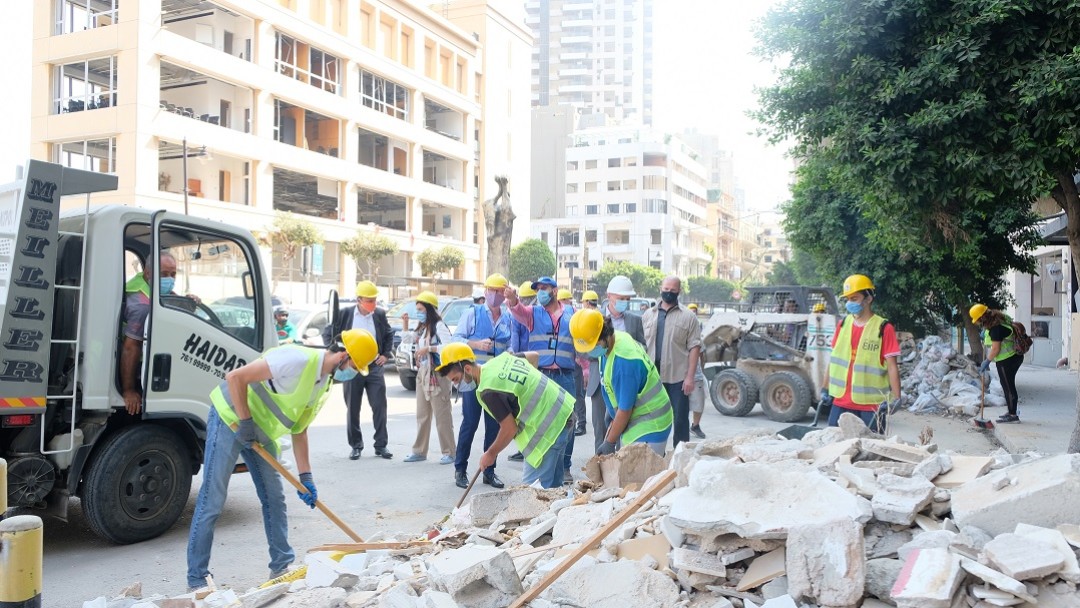
On 4 August 2020, 2750 tons of ammonium nitrate exploded in the port of Beirut. A huge shock wave hit large parts of the city. Pictures of the destruction went around the world. More than 200 people lost their lives, over 6000 were injured. Hundreds of thousands had to leave their destroyed or collapsed houses. One year later, reconstruction is in full swing. KfW is also stepping up its commitment with funds from the Federal Ministry for Economic Cooperation and Development (BMZ).
Sascha Stadtler, head of KfW's Beirut office, reports: "The situation of many people suddenly deteriorated once again on 4 August. Even before the explosion, Lebanon faced enormous challenges. The country was in the middle of one of the worst economic and financial crises of the last 150 years. Unemployment and national debt were crushingly high. In addition, more than one million refugees had sought shelter from the Syrian civil war in Lebanon since 2015. A challenge for the often dilapidated infrastructure in the small country. "With the explosion, entire neighbourhoods were suddenly in ruins," recalls Stadtler. "Schools, hospitals - the huge blast wave damaged buildings, streets and bridges even far away."
Volunteers from all over the country began reconstruction work immediately after the disaster. KfW and its project partners also reacted quickly and used funds from projects already underway. Together with UNICEF, damaged school buildings were repaired, over 3,700 water tanks were replaced and leaks in the network were repaired. Over 3,500 students were able to return to safe buildings to study. Syrian refugees and Lebanese worked together to advance the labour-intensive clean-up work as part of a KfW-funded programme. In a follow-up phase of this ILO and UNDP project, they are now restoring public buildings.
But even one year after the explosion, the challenges remain great. Around 5,000 businesses from a wide range of sectors are estimated to have been directly affected by the blast. Tough exit restrictions have additionally driven thousands of small entrepreneurs into bankruptcy. At the same time, food prices continue to rise due to currency depreciation. More than half of the population now lives below the poverty line. Many young Lebanese are trying to leave the country in the absence of reforms.
In this situation, KfW, with funds from the Federal Ministry for Economic Cooperation and Development (BMZ), is stepping up German involvement in Lebanon. "The aim is to provide support that reaches the population directly," explains Marc Engelhardt, Head of Middle East Department, who was on site in July to get a picture of the situation. KfW will soon be contributing EUR 10 million to the "Lebanon Financing Facility for Reform, Recovery and Reconstruction". In the first phase, small businesses, among others, will receive assistance to restart their operations and boost economic life. In addition, particularly disadvantaged groups will be helped to return to rebuilt housing. To finance the fund, several donors have joined forces under the leadership of the World Bank to coordinate their support. KfW also plans to provide a further 20 million by the end of the year for the reconstruction of roads and public spaces in disadvantaged areas of Beirut. "We are always guided by the principle: building back better," explains Marc Engelhardt. "At the end of the reconstruction, we want to have a society that is more resilient to future crises."
In addition to the urgently needed aid for the reconstruction of Beirut, KfW is also committed to long-term prospects in the rest of the country. Since 2020, Lebanon has been one of the selected partner countries of the German Federal Ministry for Economic Cooperation and Development (BMZ) with which long-term development goals are pursued. In 2020 alone, new commitments amounted to 203 million euros. A special focus of the work is on preventing social tensions and improving the situation of refugees and vulnerable Lebanese as directly as possible.

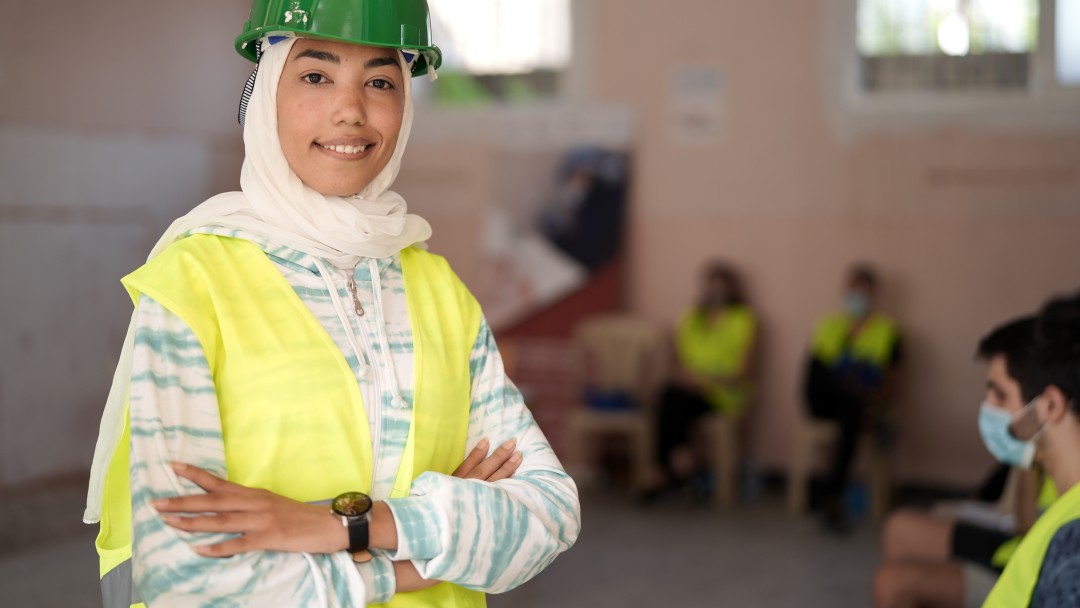
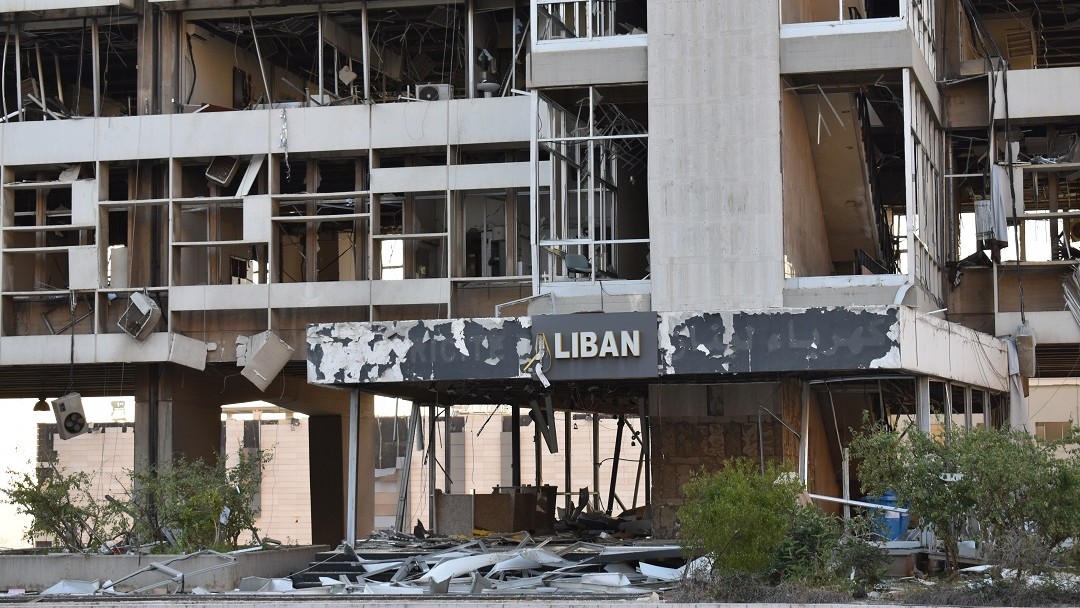
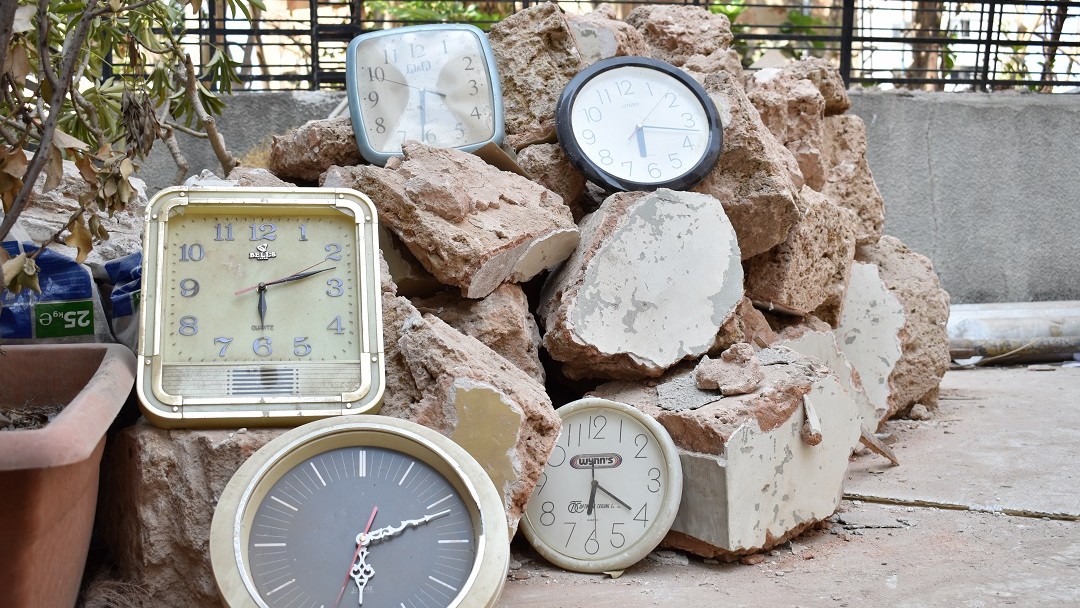
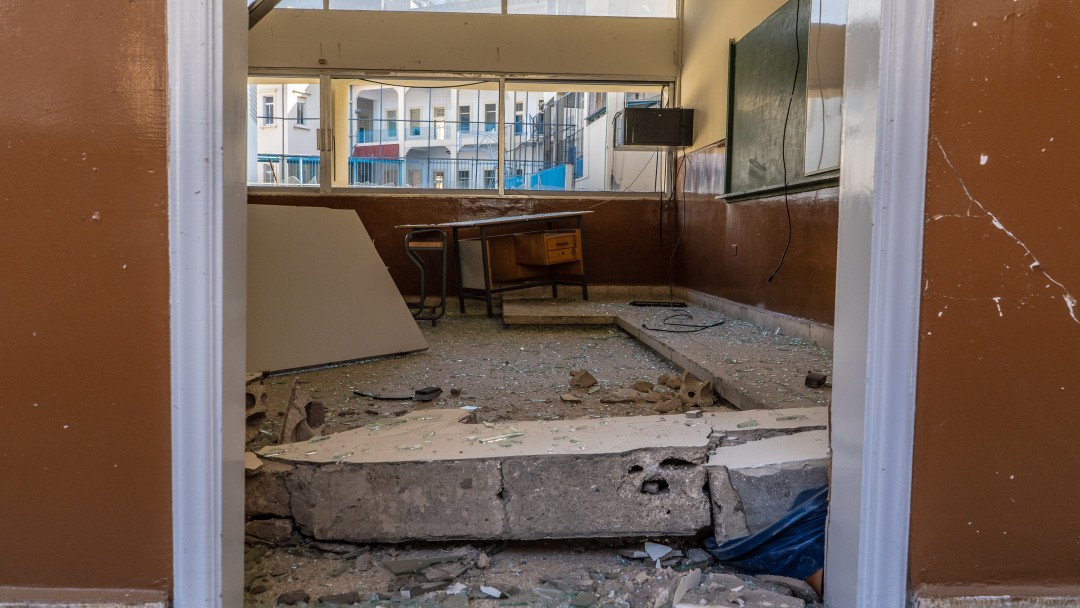
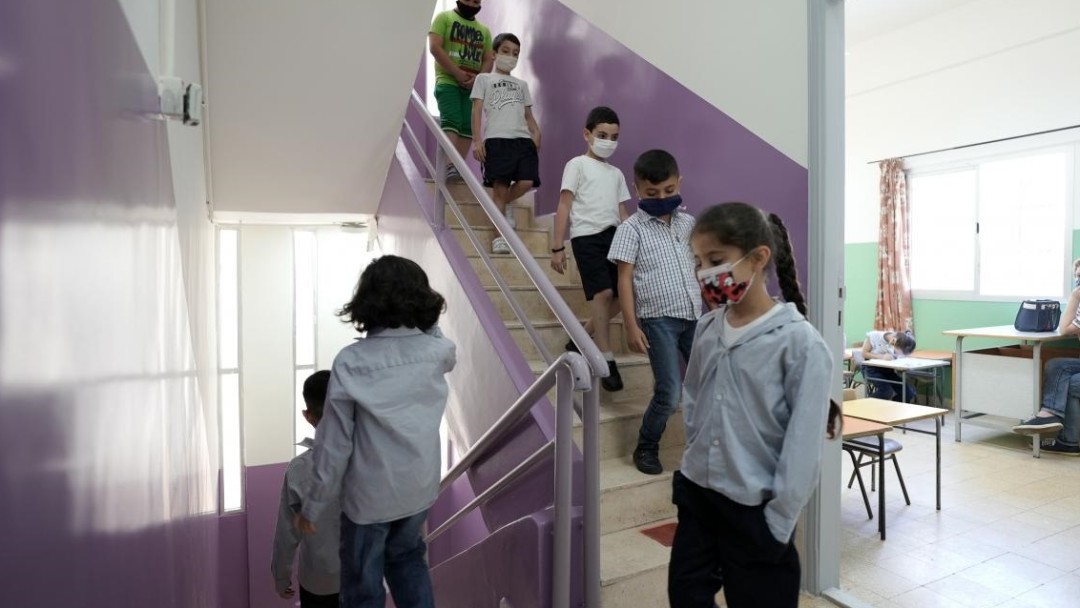
Share page
To share the content of this page with your network, click on one of the icons below.
Note on data protection: When you share content, your personal data is transferred to the selected network.
Data protection
Alternatively, you can also copy the short link: https://www.kfw-entwicklungsbank.de/s/enzBWrMC.CinA
Copy link Link copied